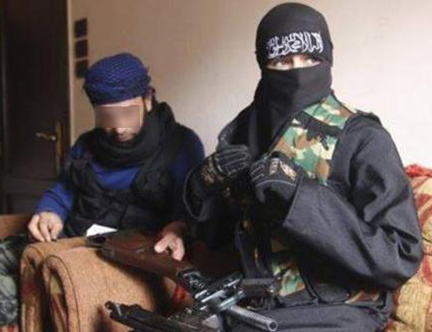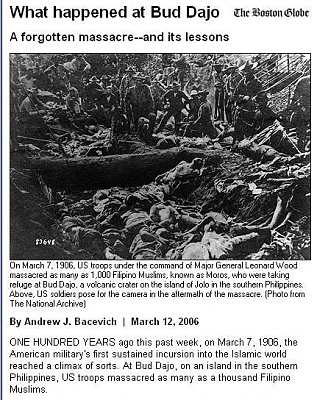
Mortality in Iraq Associated with the 2003–2011 War and Occupation: Findings from a National Cluster Sample Survey by the University Collaborative Iraq Mortality Study
by Amy Hagopian, Abraham D. Flaxman, Tim K. Takaro, Sahar A. Esa Al Shatari,Julie Rajaratnam, Stan Becker, Alison Levin-Rector, Lindsay Galway, Berq J. Hadi Al-Yasseri, William M. Weiss, Christopher J. Murray, Gilbert Burnham, PLOS Medicine,
Abstract
Background
Previous estimates of mortality in Iraq attributable to the 2003 invasion have been heterogeneous and controversial, and none were produced after 2006. The purpose of this research was to estimate direct and indirect deaths attributable to the war in Iraq between 2003 and 2011.
Methods and Findings
We conducted a survey of 2,000 randomly selected households throughout Iraq, using a two-stage cluster sampling method to ensure the sample of households was nationally representative. We asked every household head about births and deaths since 2001, and all household adults about mortality among their siblings. We used secondary data sources to correct for out-migration. From March 1, 2003, to June 30, 2011, the crude death rate in Iraq was 4.55 per 1,000 person-years (95% uncertainty interval 3.74–5.27), more than 0.5 times higher than the death rate during the 26-mo period preceding the war, resulting in approximately 405,000 (95% uncertainty interval 48,000–751,000) excess deaths attributable to the conflict. Continue reading Half a million and still counting






